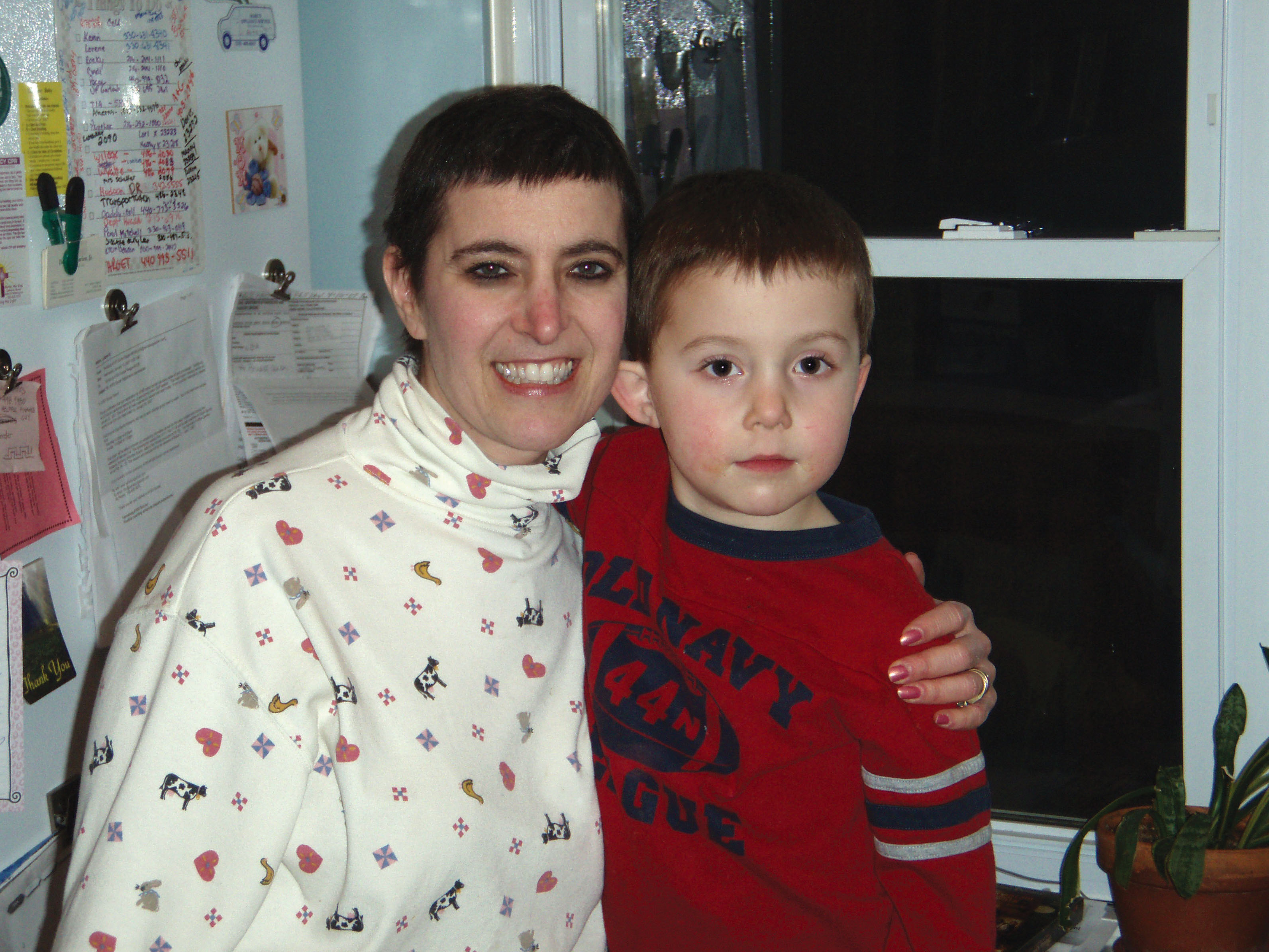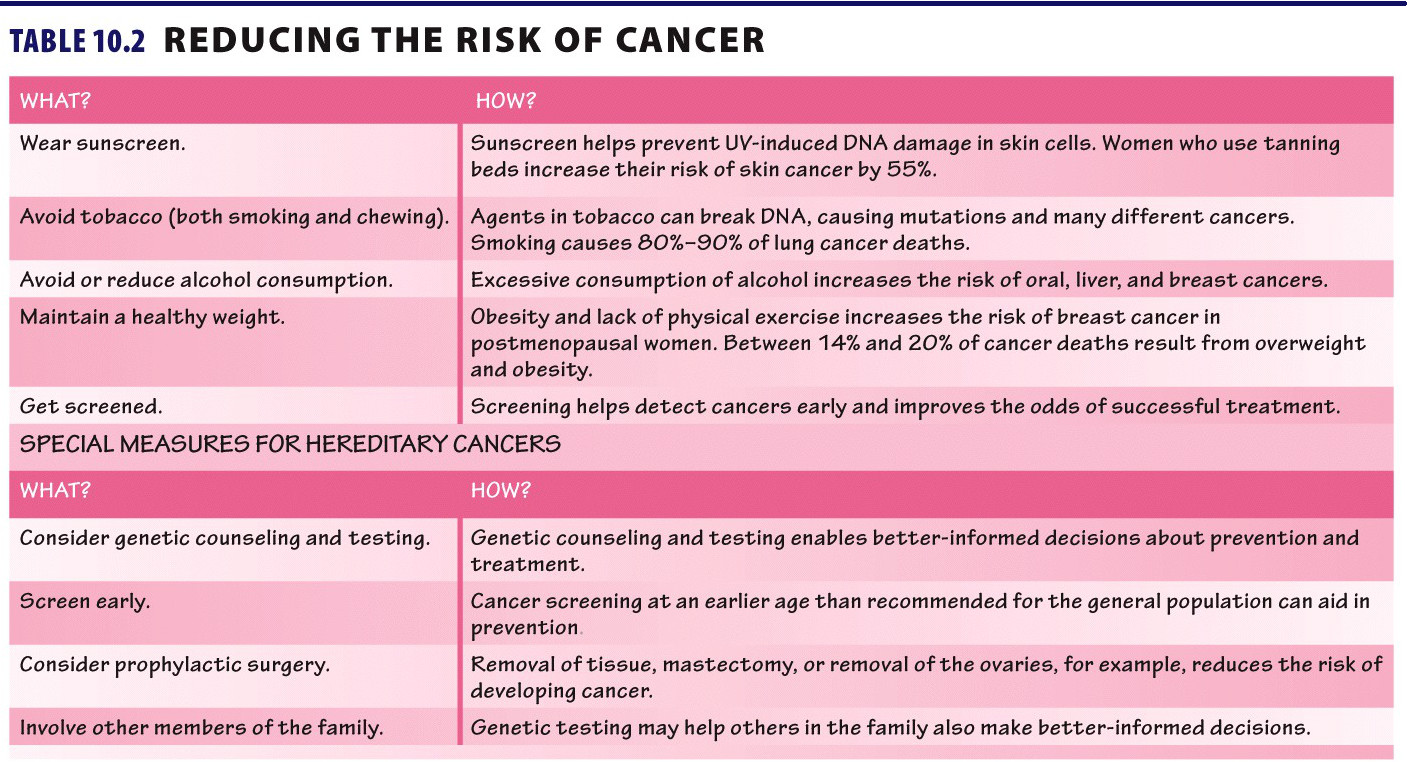PREVENTATIVE MEASURES
A decade ago, women diagnosed with hereditary breast cancer had to face the continuing fear of developing new cancers. Their breast cancer could be treated with chemotherapy and radiation (see Chapter 9), but because they were born with genetic predispositions that made their cells less able to repair DNA damage from the start, the likelihood that the cancer would recur or that a new cancer would develop was high. To reduce the risk, they could choose to have their breasts or ovaries surgically removed–a drastic option, and the evidence supporting surgery as means to reduce the risk of repeat cancers was slim.
A decade ago, women diagnosed with hereditary breast cancer had to face the continuing fear of developing new cancers.
But over the years, studies have shown that preventative surgery to remove both breasts or ovaries can reduce risk of cancers in those organs by as much as 90%. “The difference is that now we have empirical data,” Sellers comments. There is a small risk that the cancer will recur because breast tissue is distributed across the chest wall and can be found near the armpit, above the collarbone, and as far down as the abdomen; it is impossible for a surgeon to remove all breast tissue. And removal of the breasts or ovaries will not reduce the increased risk of developing cancer in other areas of the body.

Ahern consulted a genetic counselor and decided to have both ovaries removed, a year after doctors diagnosed her breast cancer. Ahern is also considering a mastectomy to remove her breasts.
Though Ahern says she feels “pretty good” right now, there was a time when she was visiting online breast cancer discussion groups every evening after work and all weekend long. They not only helped her cope emotionally but also helped to inform her about her disease and her treatment options. Patient-oriented support groups can be a valuable source of information for women, in addition to what health professionals provide. However, this may not be the best route to support for everyone.
Unfortunately, according to Sue Friedman, executive director of Facing Our Risk of Cancer Empowered (FORCE), there is still a lot of misinformation out there about hereditary breast cancer. People still assume that diet and lifestyle changes will cut the risk of cancer in people with hereditary cancer. “Those factors may help, but not enough in our community,” says Friedman, who has had cancer herself. Women also have options regarding prophylactic surgery–when to have it and how much is necessary–that aren’t always effectively communicated by health professionals (TABLE 10.2) .

Scientists admit that surgery isn’t the most palatable treatment. “Surgery cuts your risk substantially, but it’s still pretty traumatic,” says Sellars. “It would be nice to say we’ve got a medication you can take and you’ll have the same effect. But we just don’t have that kind of treatment right now.”